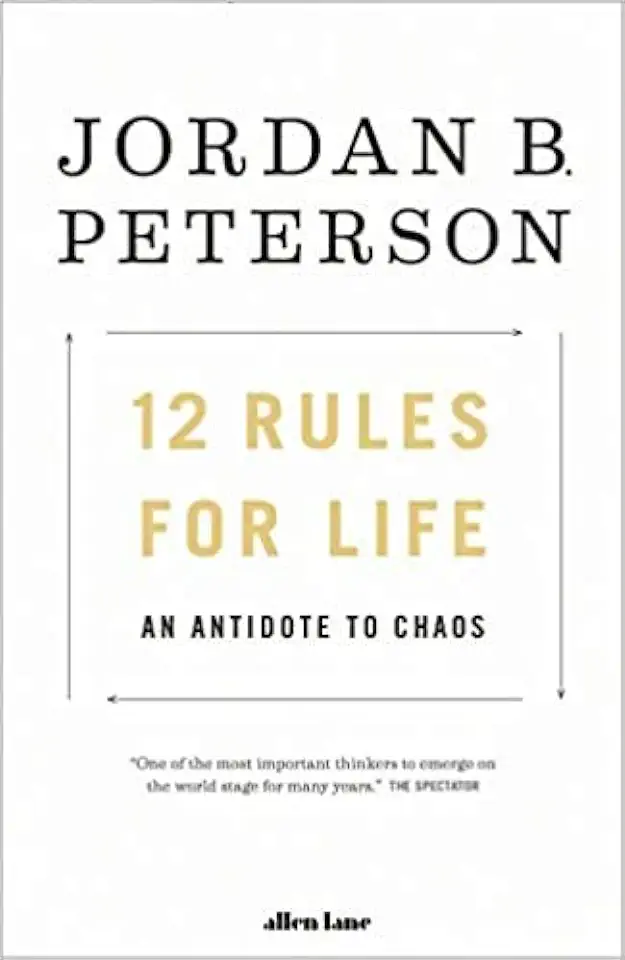
That Used to Be Us: How America Fell Behind in the World It Invented and How We Can Come Back
That Used to Be Us: How America Fell Behind in the World It Invented and How We Can Come Back
In "That Used to Be Us," Thomas L. Friedman and Michael Mandelbaum offer a provocative and insightful analysis of America's decline in the global economy. They argue that the United States has lost its competitive edge due to a combination of factors, including:
- A decline in investment in education and infrastructure.
- A shift in the global economy towards Asia.
- The rise of protectionism and populism.
Friedman and Mandelbaum argue that these factors have led to a decline in American productivity and innovation, and that the United States is now in danger of losing its status as the world's leading economic power.
However, they also believe that the United States can still reverse its decline and regain its competitive edge. They offer a number of recommendations for how to do this, including:
- Investing in education and infrastructure.
- Encouraging innovation and entrepreneurship.
- Promoting free trade and globalization.
- Addressing the challenges of climate change and income inequality.
"That Used to Be Us" is a must-read for anyone who is interested in the future of the American economy. It is a wake-up call that the United States is facing serious challenges, but it also offers a roadmap for how to overcome those challenges and regain our competitive edge.
Why America Fell Behind
In the past few decades, the United States has seen its share of the global economy decline from 40% to 25%. This decline is due to a number of factors, including:
- A decline in investment in education and infrastructure. The United States has consistently underinvested in education and infrastructure compared to other developed countries. This has led to a decline in the quality of American education and infrastructure, which has made it more difficult for American businesses to compete in the global economy.
- A shift in the global economy towards Asia. The global economy has been shifting towards Asia for several decades. This is due to a number of factors, including the rise of China and India, the growth of the Asian middle class, and the increasing importance of technology and innovation in the global economy.
- The rise of protectionism and populism. The rise of protectionism and populism in the United States has made it more difficult for American businesses to compete in the global economy. Protectionism raises the cost of goods for American consumers and businesses, while populism creates uncertainty and instability, which makes it difficult for businesses to plan for the future.
How We Can Come Back
The United States can still reverse its decline and regain its competitive edge. However, this will require a concerted effort from both the government and the private sector. Some of the things that the United States can do to come back include:
- Invest in education and infrastructure. The United States needs to invest in education and infrastructure to improve the quality of its workforce and to make it easier for businesses to operate.
- Encourage innovation and entrepreneurship. The United States needs to encourage innovation and entrepreneurship to create new jobs and drive economic growth.
- Promote free trade and globalization. The United States needs to promote free trade and globalization to expand its markets and to access the resources and talent that it needs to compete in the global economy.
- Address the challenges of climate change and income inequality. The United States needs to address the challenges of climate change and income inequality to create a more sustainable and just economy.
"That Used to Be Us" is a wake-up call that the United States is facing serious challenges, but it also offers a roadmap for how to overcome those challenges and regain our competitive edge. If we take action now, we can still reverse our decline and build a better future for our country.
Enjoyed the summary? Discover all the details and take your reading to the next level — [click here to view the book on Amazon!]